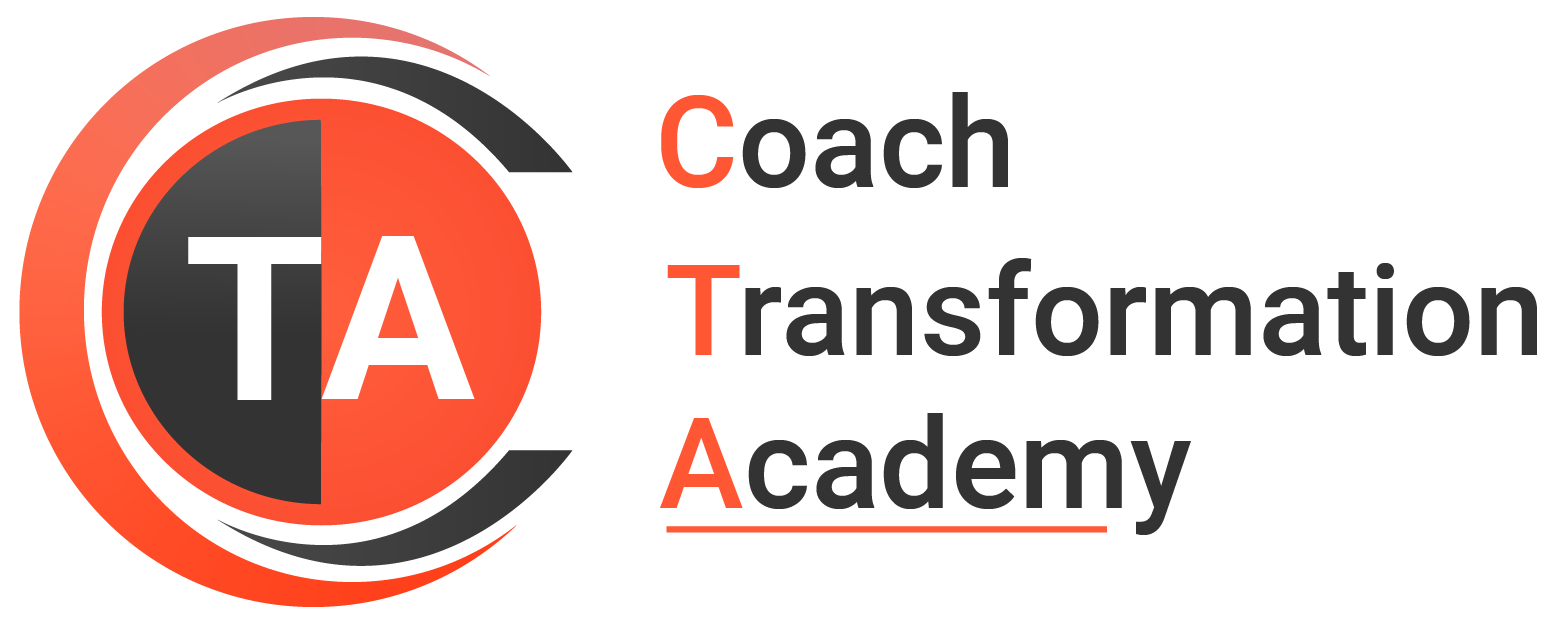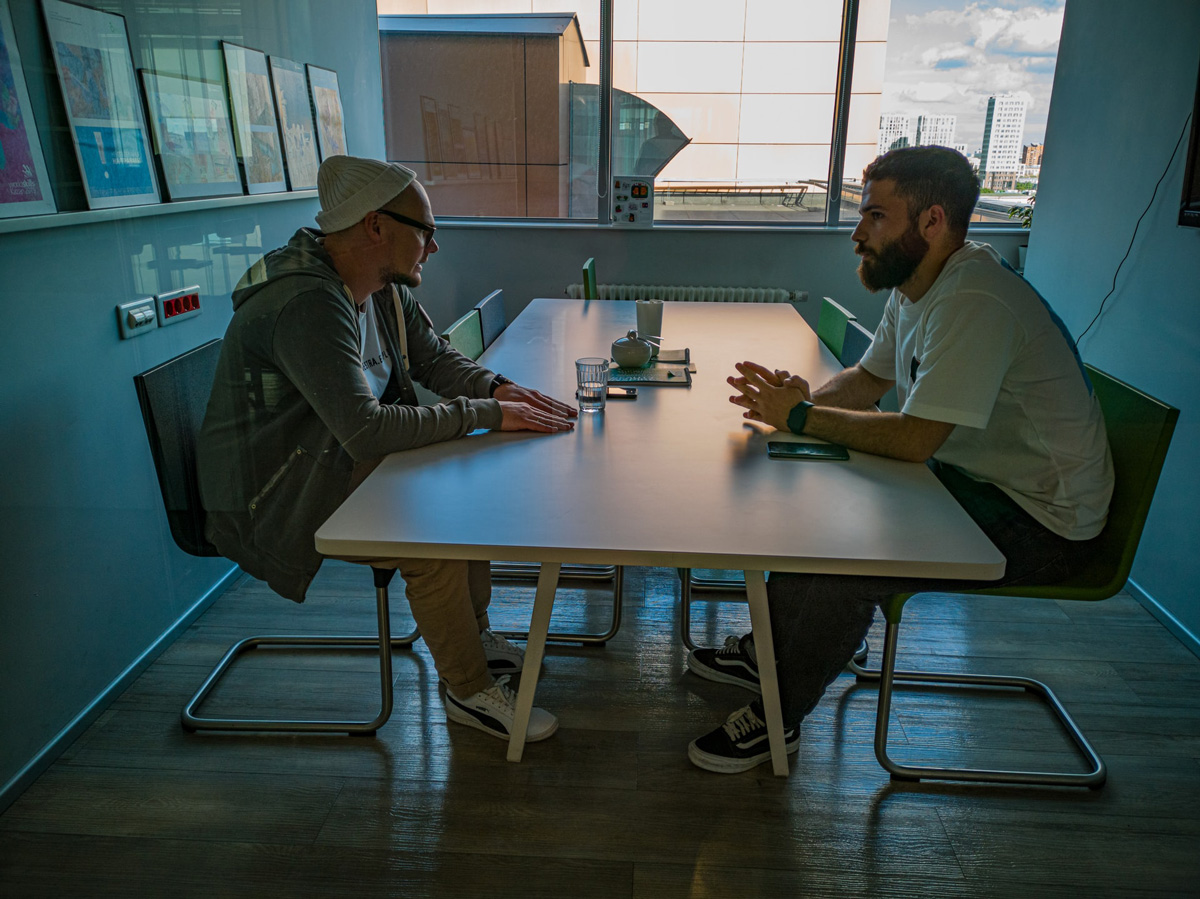During this eye-opening 2 days program, I have completely transformed my perspective, learned how to connect with other people in a different way, and be able to truly focus, and listen to understand.
During Day 1, I have completely transformed my understanding of the coaching industry and the role of a coach. Even though we were performing the usual ice-breaking and interactive exercises as a group, I felt more clarity every time I spoke out and listened to other participants. When I heard the answers of others, I was finding more answers within myself.
I also observed changes in others -people loved making new connections using new ways, and the room’s energy was continually changing. We were observing the power of true genuine connections. During the course, one of my realizations was that to become an excellent coach, I need to become a different person in terms of my values, beliefs, perspective, and attitudes.
- I was transforming my understanding and adopting a new perspective on relationships between a coach and a client:
- Each person is unique/ the map is not the territory.
- Everyone makes the best choice available to them at the time they make it.
- There is no failure, only feedback. There is only learning.
- Behind every behavior is an unconscious positive intention.
- The meaning of communication is the effect.
- There is a solution to every problem.
- We have within us all the resources we ever need – People do not need external help or resource. They need assistance and guidance to uncover their existing resources with the help of a coach. Everyone is resourceful when they are guided.
- The person with the most flexibility in thinking and behavior has the greatest influence.
- Mind and body are part of the same system.
- Knowledge, thought, memory, and imagination are the result of sequences and combinations of ways of filtering and storing information.
- What we recognize in others mirrors the structures we hold within ourselves – What we see in others, is what is within us. We only empathize with what we know.
- If someone can do it- anyone can do it.
- Anything you need to deal with any challenge is already and always within you.
- A great coach is a lifelong learner.
- It is not enough to commit, you should also discipline yourself and manage yourself as a coach to always focus on development and growth as a coach.
- Be Curious – Curiosity helps you learn, curiosity comes from being non-judgmental and is a foundation of confidence.
Separating Coaching from other forms of guidance
When we understood the definition of coaching, I realized that coaching is a standalone process that does not overlap with consulting/training/mentoring/counseling. It became clear to me:
- Coaching is “holding a mirror” (partnering with clients).
- Coaching is constant reflecting (pointing out to the client: here is what you have just said).
- Coaching is provoking thinking.
- Coaching is a creative process (creative as an opposite to structure).
- Coaching is not a structured process, it is a creative flow during which you adjust and change your delivery according to each client.
- Coaching is a co-creation with a client (suggesting alternative ways, not giving ready solutions)
- Coaching is inspiring clients to maximize their potential (stretching their personal and professional development borders, pulling them to expand, do more, and analyze their behaviors and actions).
One thing I remembered is that whatever niche we are coaching in (life, career, business, etc.), it will always impact client’s other life aspects. For example, when someone says: “I am bad with managing my time at work,” it means they are bad with managing time in general in their daily life, too. Basically, this is a behavior that translates into all aspects of their life.
Coaching is a client-driven process. As a coach, you do not drive the process, the client does. Coach asks non-judgmental questions leading clients to open up, discover and analyze, such as:” Tell me more about that.”, “How does that make you feel?”,” So I hear you saying…”, “And, so here is what you have said so far…”
Coach honors the client as an expert in his/her life. The client is the master of their life, and they need all resources within them. Every client is creative, resourceful, and whole. The coach’s job is to uncover and let the client discover that.
Unlike coaching, training is a skill transfer process. It focuses on the future. A trainer is an expert in the area that clients need to develop in. Coaching focuses on the present. The client is an expert.
Mentoring is a skill enhancement process. A mentor is an expert. Mentoring focuses on the past and future.
Therapy or counseling is a fast-driven process that addresses the “why?” and answers with “because.”
Consulting addresses the “what?” and focuses on the future. A consultant is an expert who may even act on behalf of the client, who does the work for the client and with the client.
The Anatomy of Learning
Learning as an experience that changes someone’s behavior.
I realized that acquiring knowledge does not necessarily mean learning. Acquiring knowledge is just collecting information, but not changing the behavior.
Skill is a combination of competencies. Competency is a proficiency level of ability. From now on, I will be guiding my clients to truly learn and reflect, not only to collect and acquire knowledge that results in no changes.
I now have a clear roadmap of how I can help my clients change their behavior by learning and recording lessons, just like I did with this amazing 2 days Diploma in Coaching course with CTA.
Thank you for transforming my perspective!






